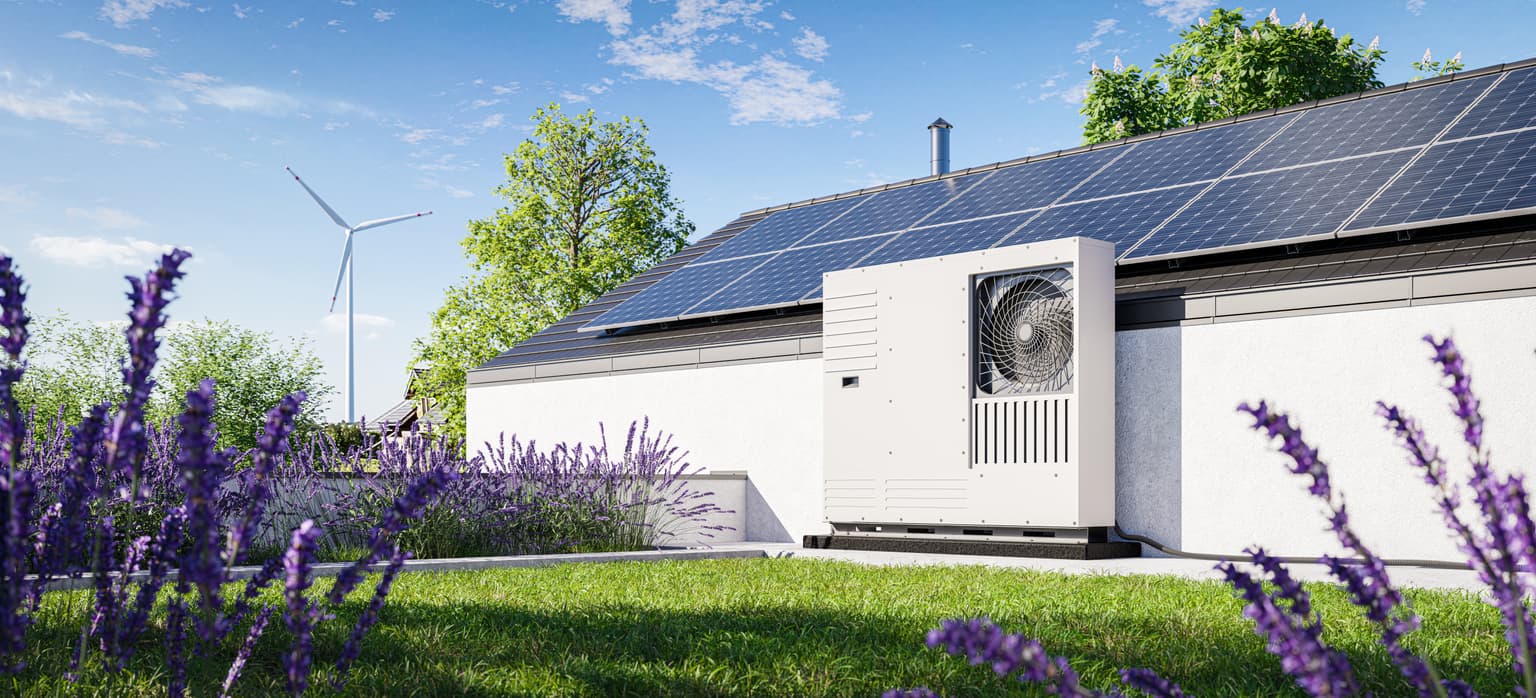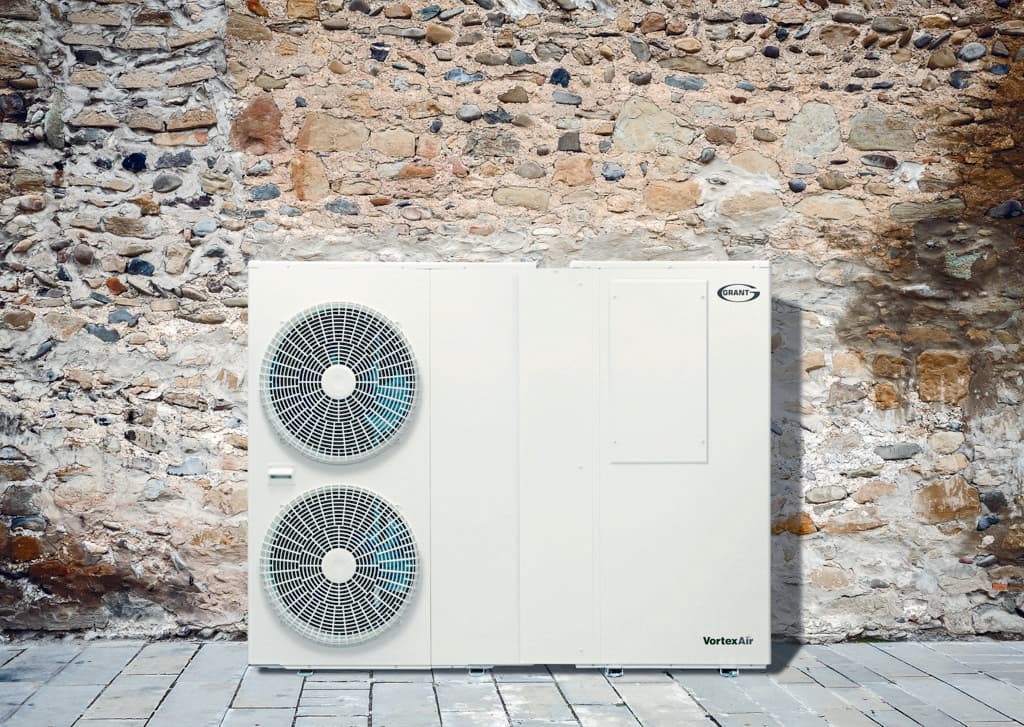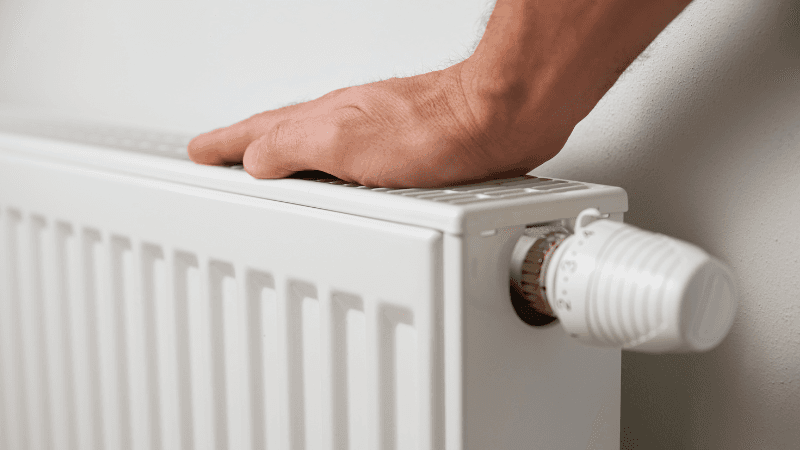Understanding Heat Pumps vs. Other Renewable Energy Options in the UK

At Warmaway, we’re dedicated to providing the best heating solutions tailored to your needs. We know that choosing the right heating system for your home can be daunting, especially with the growing number of renewable energy options available. In this guide, we’ll compare heat pumps with other popular renewable energy systems to help you make an informed decision.
Heat Pumps
Heat pumps are an innovative technology that can heat your home efficiently. They work by extracting heat from the air, ground, or water outside and transferring it into your home. The main types of heat pumps include:
- Air Source Heat Pumps (ASHPs): These extract heat from the air.
- Ground Source Heat Pumps (GSHPs): These extract heat from the ground.
- Water Source Heat Pumps (WSHPs): These extract heat from a nearby water source.
Benefits of Heat Pumps
Energy Efficiency
Heat pumps are incredibly energy-efficient, often achieving efficiencies of 300-400%. For every unit of electricity they use, they can generate 3-4 units of heat. To put this into context, a modern gas boiler generally has efficiencies around 80% to 85% while an oil boiler has efficiencies in the range of 80% to 90%.
Environmentally Friendly
By using renewable sources like air, ground, or water, heat pumps significantly reduce your carbon footprint compared to traditional fossil fuel systems.
Cost-Effective
Though the initial installation cost can be high, the long-term savings on energy bills and potential government incentives make heat pumps a cost-effective solution. And with the Boiler Upgrade Scheme offering a grant of £7,500 towards a new ASHP or GSHP if you’re upgrading from a traditional boiler, it’s never been more affordable to make the switch. We also offer maintenance and servicing so your heat pumps can provide you with heat all year long.
Solar Panels
Solar panels convert sunlight into electricity, which can power your home and heat your water.
Benefits of solar panels
Renewable Energy Source
Solar panels generate electricity from sunlight, which is a completely renewable and inexhaustible resource. This means that as long as the sun shines, solar panels can produce electricity, making them a sustainable energy solution that helps reduce dependence on finite fossil fuels.
Low Maintenance Costs
Solar panels require minimal maintenance once installed. There are no moving parts, so wear and tear are minimal. Regular cleaning and periodic checks by a professional are usually sufficient to keep them operating efficiently. This low maintenance requirement translates to lower ongoing costs compared to other energy systems.
Energy Independence
By installing solar panels, homeowners and businesses can reduce their reliance on the grid and become more energy independent. This can provide protection against rising energy costs and supply disruptions. In some cases, solar panels combined with battery storage systems can allow for complete off-grid living.
Biomass Boilers
Biomass boilers burn organic materials like wood pellets to generate heat.
Benefits of biomass boilers
Waste Reduction
Biomass boilers can utilise waste materials from agriculture, forestry, and other industries, converting them into useful energy. This process helps reduce the amount of waste sent to landfills and promotes the recycling of organic materials, contributing to a more sustainable waste management system
Local Economic Benefits
Using locally sourced biomass fuels supports local economies by creating jobs in the production, collection, and transportation of biomass materials. It also reduces the dependence on imported fuels, keeping more money within the local economy and promoting regional energy security.
Efficient Heating Solution
Modern biomass boilers are highly efficient, converting a large percentage of the biomass fuel into usable heat. Advances in technology have improved the efficiency and performance of these systems to around 85% to 90% efficiency, making them a reliable and effective heating solution for both residential and commercial properties.
Comparing Heat Pumps with Other Renewable Energy Options
Efficiency and Reliability
Heat pumps are generally more reliable and consistent in their output compared to solar panels, which are much more reliant on weather conditions. Biomass boilers can be reliable but require more maintenance and management.
Installation and Maintenance
Heat pumps have a relatively straightforward installation process and low maintenance requirements. Solar panels also have low maintenance needs but can be more challenging to install. Biomass boilers require regular maintenance and a steady supply of fuel.
Cost
The initial cost for all these systems can be high, but heat pumps often offer the best balance between installation cost and long-term savings, especially if you take advantage of the Boiler Upgrade Scheme. Solar panels may have higher upfront costs, and biomass boilers can have variable fuel costs.
Environmental Impact
All these options are more environmentally friendly than traditional fossil fuels. Heat pumps and solar panels have the lowest carbon footprint during operation, while biomass boilers can be less sustainable due to the need for organic fuel.
Choosing the right renewable energy system depends on your specific needs and circumstances. Heat pumps offer an efficient, reliable, and eco-friendly solution for many homes. At Warmaway, we are here to help you navigate these options and find the best heating solution for your home.
For more personalised advice and information, feel free to contact us for no-obligation chat


